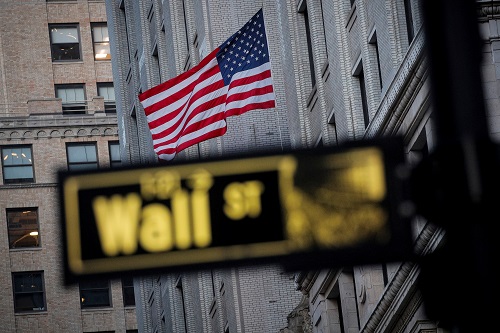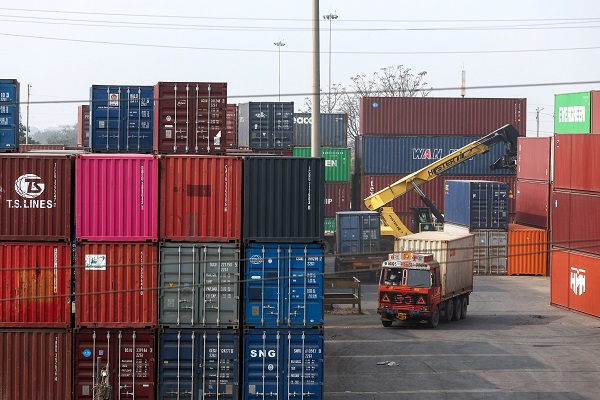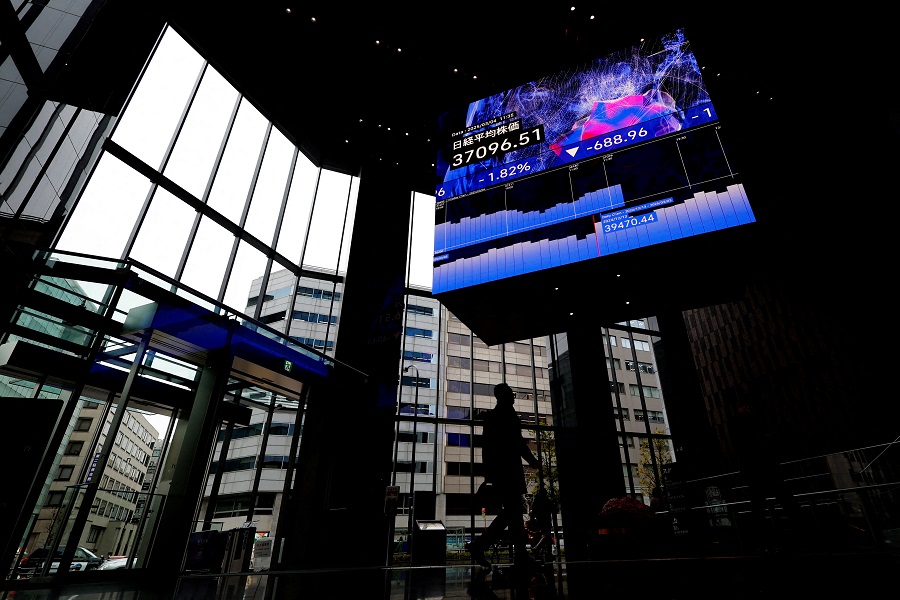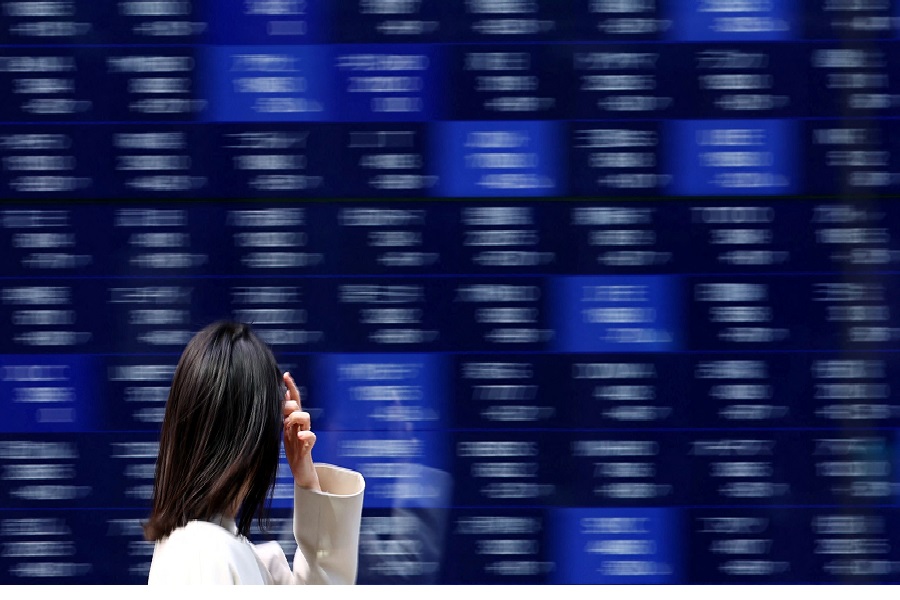Wall Street falls after J&J vaccine data; GameStop effect weighs

By Devik Jain and Shreyashi Sanyal
U.S. stock indexes fell on Friday after COVID-19 vaccine data from Johnson & Johnson hurt sentiment, while a standoff between Wall Street hedge funds and small, retail investors weighed.
Johnson & Johnson fell 3.9% after the drugmaker said its single-dose vaccine was 72% effective in preventing COVID-19 in the United States, with a lower rate of 66% observed globally.
The results compare to the high bar set by two authorized vaccines from Pfizer Inc/BioNTech SE and Moderna Inc, which were around 95% effective in preventing symptomatic illness in key trials when given in two doses.
"While it's good to have another entrant, the question is the efficacy. The concern is if it's a lot less effective, then investor and consumer confidence will be substantially lower," said Sam Stovall, chief investment strategist at CFRA Research.
Moderna jumped 8.1%, helping the Nasdaq Biotechnology index add 1.4%.
Worries of a short squeeze grew after an army of retail investors returned to trade shares in GameStop Corp and Koss Corp. The stocks sky-rocketed after brokers including Robinhood eased some of the restrictions they had placed on trading.
The U.S. Securities and Exchange Commission warned both brokerages and social media traders that it was closely monitoring potential wrongdoing.
Investor favorites including Apple Inc were sold off recently by hedge funds to cover billions of dollars in losses.
Shares in Apple, Amazon.com Inc, Microsoft Corp, Facebook Inc, Netflix Inc, Tesla Inc and Alphabet Inc fell between 0.8% and 3.2%.
"I think a lot of investors were discounting the effects of retail to some extent, so they were taken by surprise," said Max Gokhman, head of asset allocation at Pacific Life Fund Advisors in Newport Beach, California.
"The fact that it did create dislocations for a lot of large hedge funds, definitely caused at least some degree of additional market correction."
Concerns over stretched valuations, new coronavirus variants and rising cases kept investors on edge about a pullback and an increase in volatility in the near-term.
The first known U.S. cases of the South African COVID-19 variant, found to be partly resistant to current vaccines and antibody treatments, was detected in South Carolina on Thursday.
At 12:00 p.m. ET the Dow Jones Industrial Average was down 404.60 points, or 1.32%, at 30,198.76, the S&P 500 was down 47.75 points, or 1.26%, at 3,739.63, and the Nasdaq Composite was down 139.68 points, or 1.05%, at 13,197.48.
All the three main indexes tracked their biggest weekly fall since the end of October.
Data showed U.S. labor costs rose more than expected in the fourth quarter amid a jump in wages, supporting views that inflation could accelerate this year.
Honeywell International Inc fell 2.5% after it posted a 13% fall in quarterly profit.
Declining issues outnumbered advancers for a 1.98-to-1 ratio on the NYSE and a 1.28-to-1 ratio on the Nasdaq.
The S&P index recorded six new 52-week highs and no new low, while the Nasdaq recorded 53 new highs and 11 new lows.
(Reporting by Devik Jain and Shreyashi Sanyal in Bengaluru; Editing by Shounak Dasgupta)




















